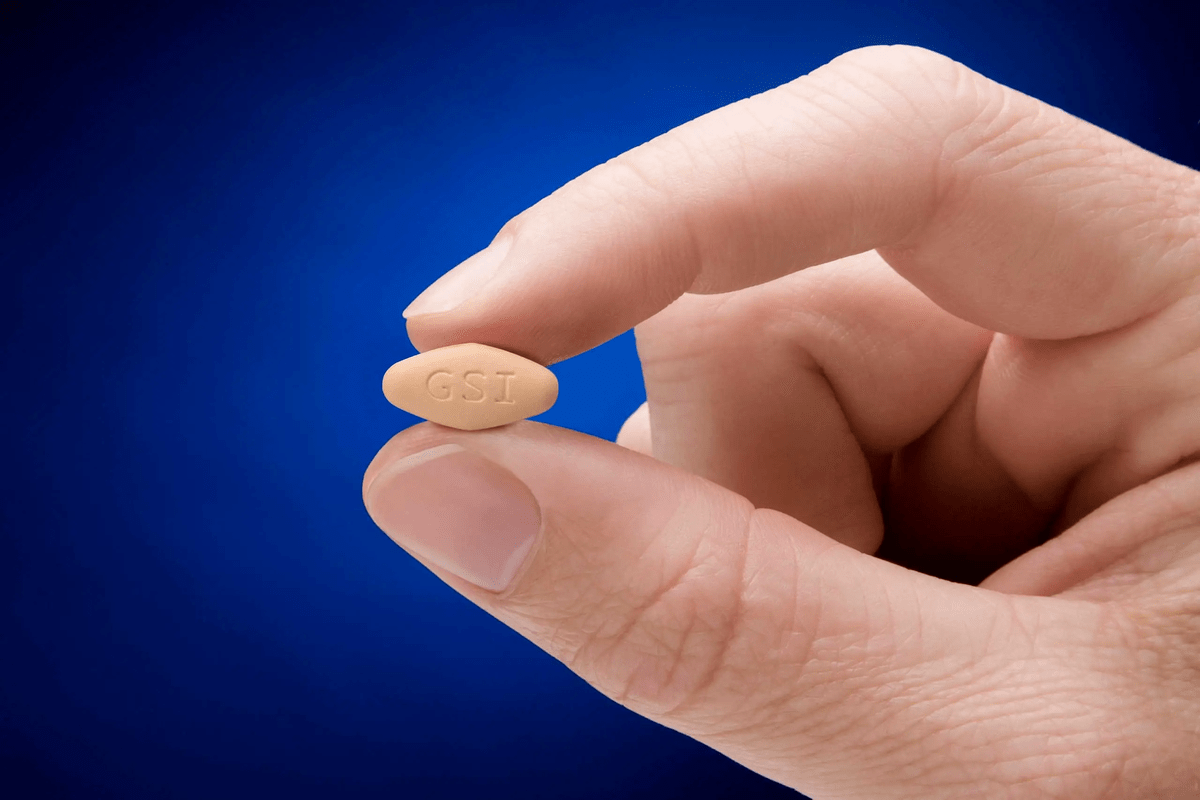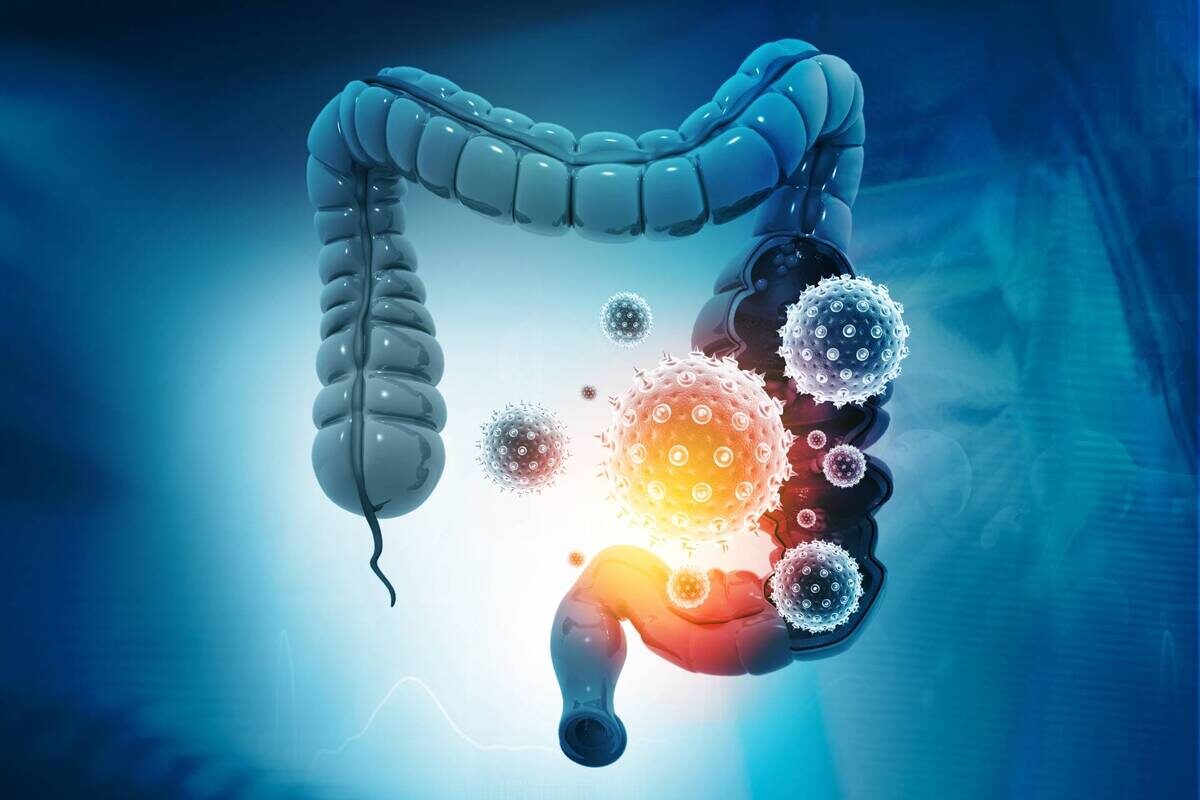Nearly 2.7 to 3.9 million Americans are suffering from Hepatitis C, a disease that progresses slowly over decades without showing any symptoms unless it causes severe damage to the liver. Without treatment, it can either result in death or liver failure or cancer requiring a liver transplant.
Till now, Hepatitis C was treated with a combination of shots and pills without an effective cure and side-effect of flu-like symptoms. This was followed by pill-only medicines by Gilead in 2013 that brought cure in 12 weeks for more than 90 percent of the patients. However, the cost of treatment was huge (approx. $94,500) and strained the country’s insurance and health schemes.
Considering the scenario, AbbVie Inc., North Chicago, Illinois, has come up with the drug Mavyret, that combines two drugs in one pill and has been approved by the Food and Drugs Administration (FDA) for the treatment of patients not improved by prior treatment or in adults without significant liver cirrhosis.
Testing has shown to cure 97.5% patients and 98% patients with severe kidney damage after eight and twelve weeks of treatment respectively.
Mavyret has been priced well below the other approved drugs. “For marketing purpose, the company will initially focus on getting the coverage approved by Medicare, Medicaid and the Veterans Administration”, said AbbVie spokesman Morry Smulevitz.
Mavyret is the latest drug that cures all six types of Hepatitis C as compared to the other drugs that treat only one or few types of Hepatitis C in certain stages of the disease.





